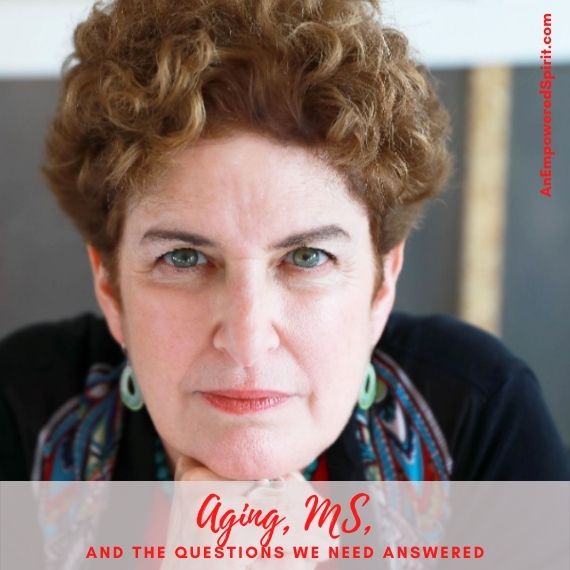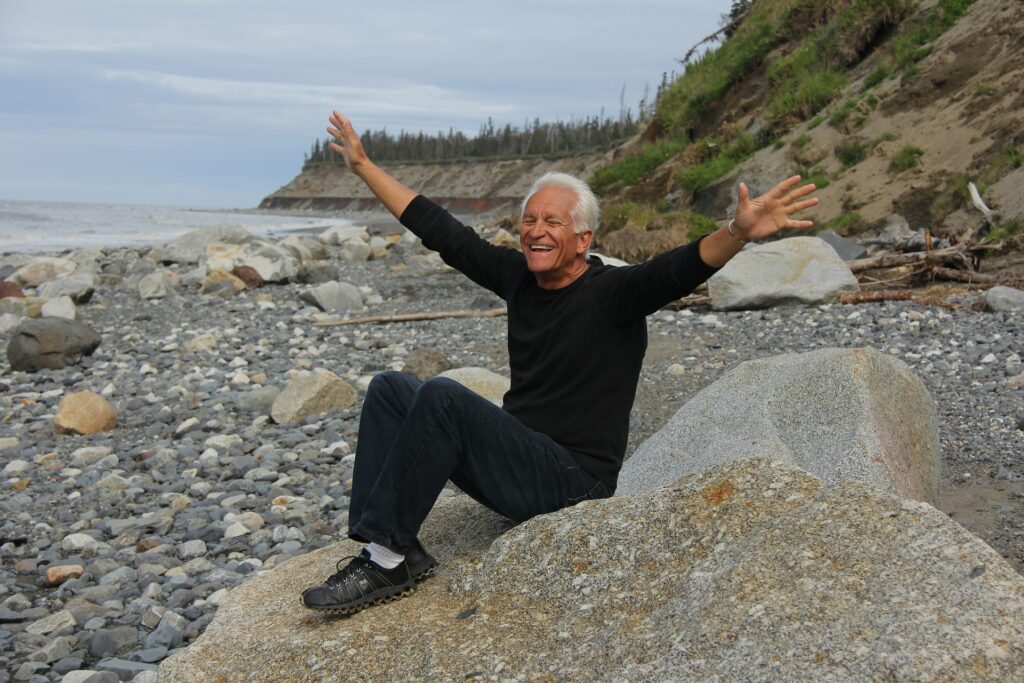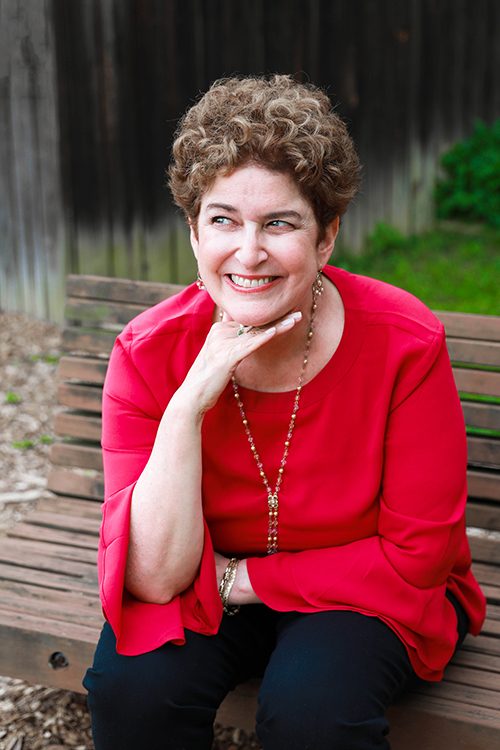When I was 22 I was in a serious car accident that landed me in the hospital with a concussion and feet that were suddenly numb. I ignored the loss of sensation.
At 27, along with increasing numbness and weakness, I had a few other troubling symptoms. I finally consulted with a neurologist who quickly diagnosed me with multiple sclerosis.
In my thirties, I had more good days than bad.
In my forties and fifties, a few comorbidities reared their ugly heads. The difficult days now outnumbered the rest.
By the time I reached 60, MS had progressed incrementally, making life more complicated and frustrating.
This is my (very) brief MS story through the decades.

Why am I condensing it? To illustrate a point:
At what age did I, and others like me, cross an arbitrary line in the sand that decides when people become "older?"
This is something that's been on my mind for quite a while and I'd like your honest opinion.
 I'll wait for your response.
I'll wait for your response.

I can't remember when I started to become aware that people of my generation, living with MS, were being excluded in one way or another:

It's a fact that most people with MS are diagnosed between the ages of 20 and 50, so it stands to reason that the public face of the disease is often young.
Yet people over 60 must be included in a fair and equitable manner. We don't suddenly stop having MS and we certainly never stop adding value to the world.
We're still here doing what we always did, the best way we know how!

When I noticed this change I unconsciously started feeling alone and bewildered. Who could I talk to who was close to my age and understood how I felt, and did they feel the same way? Most advocates I know are younger, and were diagnosed years after I was.
As unique as MS is to each patient, our experiences of being diagnosed and the initial medical advice we received are as different as night and day.
That's not a bad thing, just different.
I grew concerned that aging wasn't being studied or discussed by the medical, research, and advocate communities. So I thought I'd do a little research to learn more.
It made sense to start my research with the first MS organization I relied on after my 1986 diagnosis, in those pre-internet days.

Using "snail mail" I'd write letters filled with questions to The National Multiple Sclerosis Society. Their responses were always kind, caring, and helpful.
So I emailed their Chief Advocacy, Services and Science Officer, Tim Coetzee. He was more than generous, bringing me up to speed on how the Society was focused on aging and MS:

"At the National MS Society we believe no one should face MS alone, and we are focused on making sure every person touched by this disease can see themselves in the MS movement. We're committed to ensuring that we bring our entire MS community together, it is representative of all the various dimensions of diversity so that everyone feels at home and supported by their National MS Society." - Tim Coetzee
With the information Tim sent, I not only learned a great deal but I began to feel a little less alone.
It also gave me hope that future generations won't have the kind of concerns I had.

As I was writing this post I happened to come across an interesting podcast by Dr. Barry Singer on aging and MS. (Dr. Singer is Director of the MS Center for Innovations in Care in St. Louis, MO, seen above working with me on a past MS brain health initiative). I recommend tuning in as he interviews two experts on the subject.
We still have much to learn about how aging affects patients, how people can live a better quality of life as they age, and to remind the world of the importance of inclusion.
As I continue my journey to find other MS programs and research on aging I'll be bringing them directly to you as I find them. That's a promise!
Before I go here are the links provided by Tim Coetzee on behalf of NMSS:
MS through the ages
Struggling to stay standing
My own therapy
You want to know what?
Fighting for access
Blessings in miles and meters
Speaking out
Good companions
Finding gratitude
From visual to visionary
Meet our 2020 Inspiration Award winners
Summer at home
Black women with MS speak up
Obstacles to access
Gardening with MS
Still in charge
Others like me
Roll with it
Thanks for stopping by to read this post. I'm glad to have you here! Please feel free to leave your comments or questions below. I'll get back to you as soon as possible.
Have a peace-filled day!
 Photo Credit: NMSS
Photo Credit: NMSS

Thank you so much for posting this great resource Cathy! It's great to have all these links in one place. I've been so busy managing my daily life with MS I forgot to put it in a larger context and connect with people who understand these common experience. I look forward to clicking and being a part of your community of wise-PWMS. 🙂
Love you dear friend.
I'm so glad you found this post helpful, Amy. I hope these articles provide what you're looking for.
Love, love, love hearing from you, my dear friend. Hope all is well. Take good care,
Cathy
Hi Cathy!what a wonderfully helpful and necessary article. You can be sure there are hundreds of others in the same position with same questions. But it takes at least one (like you) willing to pull it all together and share it with others who want and need it. Good for you and all you do to make life easier for others. —Kathy
Hi Cathy!what a wonderfully helpful and necessary article. You can be sure there are hundreds of others in the same position with same questions. But it takes at least one (like you) willing to pull it all together and share it with othersg who want and need it. Good for you and all you do to make life easier for others. —Kathy
Thanks so much for leaving your comments that are, as always, so lovely.
So nice to hear from you! Hope all is well. Take good care,
Cathy
Hi Cathy, thank you for these resources. I wanted to make you aware of a study that is underway on progressive MS which affects so many of us who have had the disease for 30+ years. The Buffalo Neurological Analysis Center (BNAC) is doing a study with The Boston Home trying to understand the parts of the brain that are causing some of us to progress and some to stay RR. Here’s a link to it: https://www.bnac.net/casa-ms
I encourage anyone interested in this to take a look.
Thank you for letting me know about this study, Tracie. I look forward to reading all about it. I appreciate the link you provided for me.
Let's hope more and better research is performed for progressive MS. It's a necessity!
Thanks for leaving your thoughtful comments. Best to you,
Cathy
I just listened to Dr. Singer’s podcast and Dr. Weinstock-Guttman who is interviewed on the podcast is also part of the CASA-MS study! The Jacobs Center is part of the study.
That's wonderful, Tracie!
Cathy, this article is amazing! I'm going to pass it on to those who need...
How nice of you, Diane! Thanks so much for leaving your kind comment.
Best,
Cathy
Cathy, I feel like you are in my head! When I crossed the border into my 60's I felt like I had dropped off of the face of the MS world's earth. Whenever I tried to participate in research opportunities, I suddenly stopped qualifying. There was discussion of medication changes, which I refused.
I feel like people are smiling politely at me like I am a doddering old fogey. I think the worst part is the effect it was having on motivation to keep living my best life. I'm too old for the cure, so why bother? Thankfully, I got over myself with respect to that mentality.
Your thorough research in itself is truly inspiring. We are NOT done yet!!!
Thank you!
Mary,
This subject has been rolling around in my head for a while so you're not alone in ruminating about the age factor with MS!
You are so right, we aren't nearly done. The disease may have other ideas for us, but (for me) it's all about perspective and living within a new normal. We always matter!
Take good care and thank you for leaving your honest comments. Best always,
Cathy
Cathy, your determination to keep on researching what needs to be done and said is inspiring, noting omissions is the most difficult type of error to identify and address. But you are such an integrated thinker, you see whole pictures, and the patterns that make them up. Your perspective is important for those with MS and to others who face chronic, lifelong health challenges, as is your advocacy. Women and aging is so often neglected and then, when we add in another factor, we are marginalized to the very lonely edges of concern. Thank you for working for change. I know it isn't easy, often not even recognized. But your work, and voice, matters. Thank you for all you do.
Nancy,
I had to read your comment several times to drink in your golden nuggets of wisdom. I deeply appreciate your thoughtful words.
Thank you for reading my piece and inspiring me even more to continue the work I set out to do! That's your gift, to inspire and educate.
Best to you always,
Cathy
Cathy, I know several people with MS and these resources are so valuable. Thank you for using your challenges to try and help others. It means a lot.
Thank you for sharing this piece with others who can benefit from the information provided. I sincerely appreciate your generosity, Laurie!
Best always,
Cathy
Hi Cathy,
You and I are of similar ages and I recall reading somewhere that MS is a disease of the young! True, most people first experience multiple sclerosis in their tweties or thirties. But, as as rule, MS will not kill you. At least not directly.
You and I are in our sixties and I, for one, still intend to get my money;s worth out of this life. My father rercently turned 90 and my mother, who also has MS, is not far behind.
So, we all have to find a way of living with the MonSter and we both advocate for a good life with MS. Because it is possible even when our mobility is restricted. The MS Warrior will dind a way.
Thanks for introducing yourself, Stephen. Continued good health and positive vibes to you as you live your life. I wish you all the best,
Cathy